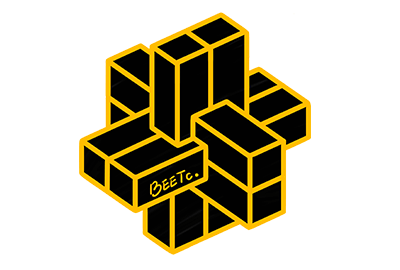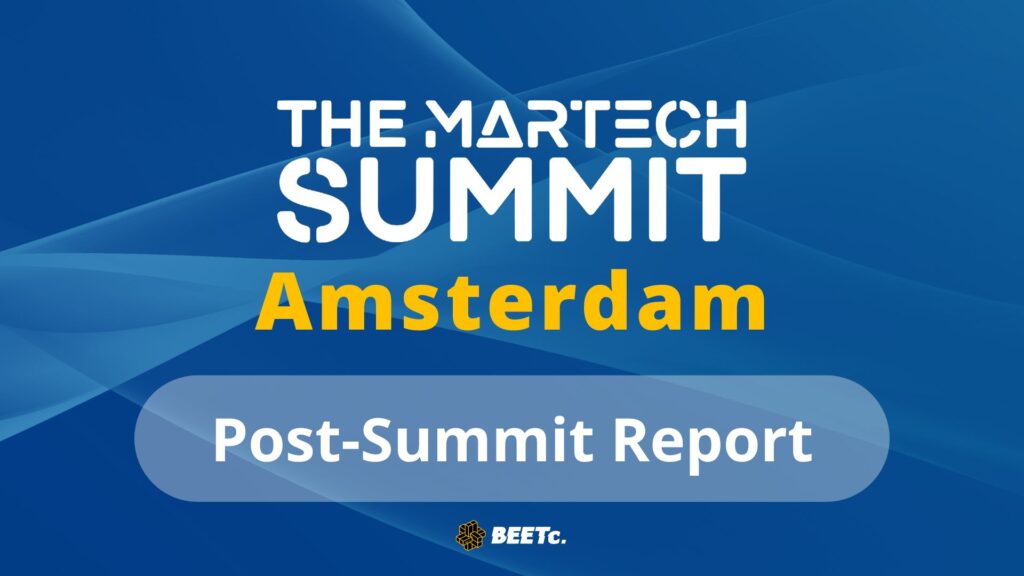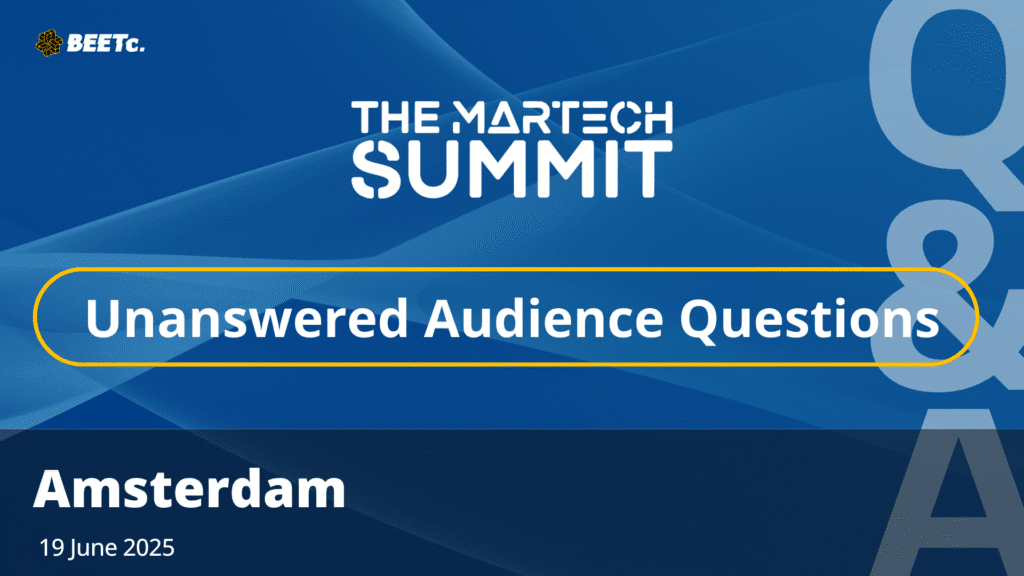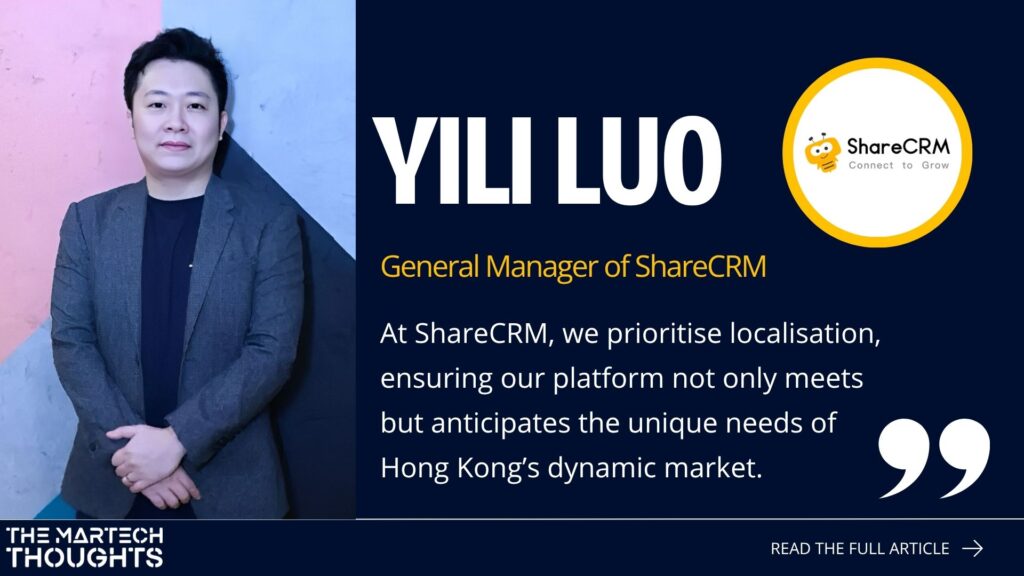How has your organisation / team dealt with the challenge of the marketing industry and wider digital world evolving at such a fast pace?
NUTC Enterprise is the holding entity of 10 social enterprises with over 20,000 employees, collectively serving over 2 million annually in Singapore for dozens of different social needs. To accelerate digital transformation within such big and dynamic organization, NTUC Enterprise has established a dedicated digital & technology office named NE Digital to serve all social enterprises. Marketing Technology is one of the focused areas under NE Digital, we are building the centralized marketing technology stack that aims to empower the group’s digital marketing initiatives with automation and personalization.
Currently, what are you primarily looking for in your digital marketing efforts? Awareness or engagement? Why?
For our digital marketing team, both upper and bottom funnel are equally important. We maintain a healthy balance of investment in each part of conversion funnel. While focusing on optimizing the bottom funnel seems leading to better ROI on paper because every touch point of the bottom funnel is traceable and attributable to revenue, it’s also important to note that without the investment in the upper funnel, there won’t be meaningful scaled at the bottom funnel to be optimized for.
What is your key takeaway piece of advice that you would give when speaking to others on how to evaluate and select a MarTech stack?
Be practical and focus on technology with actual use case in your marketing team first.
I see that the use of a case-driven, bottom-up approach of building a MarTech stack often leads to better adoption and justification in investment compared to the top down approach which often leads to incompatibility in actual operation. As for which vendor to select, my advice is to be more dynamic and make the marketing stack platform-neural, a platform-neural stack will provide better scalability and stronger performance than a stack provided by a single vendor, for instance, we built the CDP on Google Cloud and use Salesforce for CRM because of Google cloud’s strength in big data and Salesforce’s strength in customer journey building. We select the tech/vendor for their strongest component and integrate them under one core MarTech backend.
How did your MarTech journey begin? Please let us know your top 3 findings and discoveries.
I spent several years in digital marketing before I started my MarTech journey. In an ecommerce company there are usually millions of products with new products added and almost all product content changes every day; the approach to deal with this problem in most companies nowadays is to hire a big team that manually try to write those changes to marketing campaigns yet very often the coverage rate is low because of the huge volume of changes. Having come from an engineering background, I help the marketing team in my previous company automate these manual tasks by building an automation system connecting to our product database which fetches all changes and use Google ads API to update or add new products into Google campaign automatically in real-time, it makes the marketing campaigns entirely sync with the real-time product status. Subsequently we introduce more components into the system for more automation and personalization, such as AI technology to automate workflow such as customer segmentation, keyword research and product recommendation, as well as a creative automation module to automate the creative curation for personalization on Facebook.
For you and your team, which is currently recognised as the larger challenge – MarTech integration or MarTech strategy?
For us, the challenge is more on the development and integration side, different NTUC social enterprise serves different sectors and has different technology maturity status, building a platform that can serve the dynamic and fit different operations is something we are consistently exploring.
Have you mainly chosen to adopt established MarTech or have you also looked into the emerging opportunities? Which?
Please refer to the answer below.
Which MarTech brands have you found have / are close to best meeting your expectations when it comes to customer experience? Let us know of any brands which have exceeded expectations.
We use general cloud(both Google and Amazon) heavily to develop our own solution and integrate various MarTech vendor/open source through API. Data is an integral part of marketing technology and the platform’s ability and price point of processing data is an important consideration for us, for now we choose to build and host our MarTech stack on Google cloud because of its strength in big data. Most of the MarTech platforms in the markets nowadays are on a SAAS (Software as a service) model, but we prefer to use PAAS (platform as a service) and IAAS (infrastructure as a platform) to develop our own MarTech application because it’s more cost effective as the cost only scale when usage increase, whereas SAAS is usually with a subscription model which starts with a minimum fixed cost. In addition, the benefit of choosing PAAS is that we can build the application that is natively born to fit our own marketing operation and company ecosystem systems – such design is more flexible to change or add new feature in the future compared to using external solution.
What do you predict as being the top MarTech trends for MarTech in 2020?
There will be more MarTech platforms integration, both horizontally among currently different MarTech system and vertically for MarTech system to be integrated with upper or downstream systems such as customer service desk and database technology. The MarTech system, just like other corporate functional systems, brings higher value when it can communicate with other systems natively in the corporate ecosystem to bring a holistic view of a user or an integrated operation compared to being a silo system only for a specific marketing purpose.













